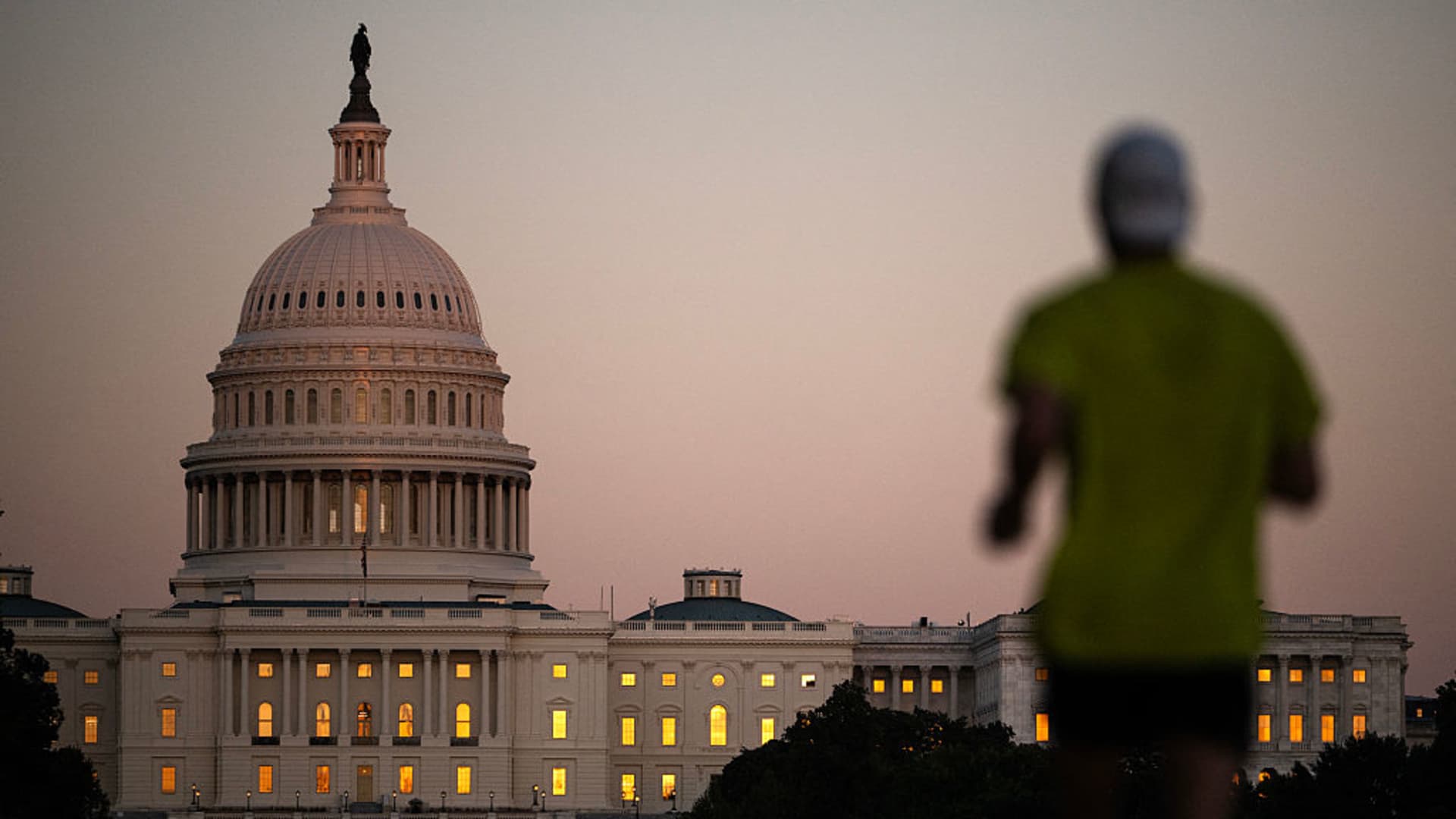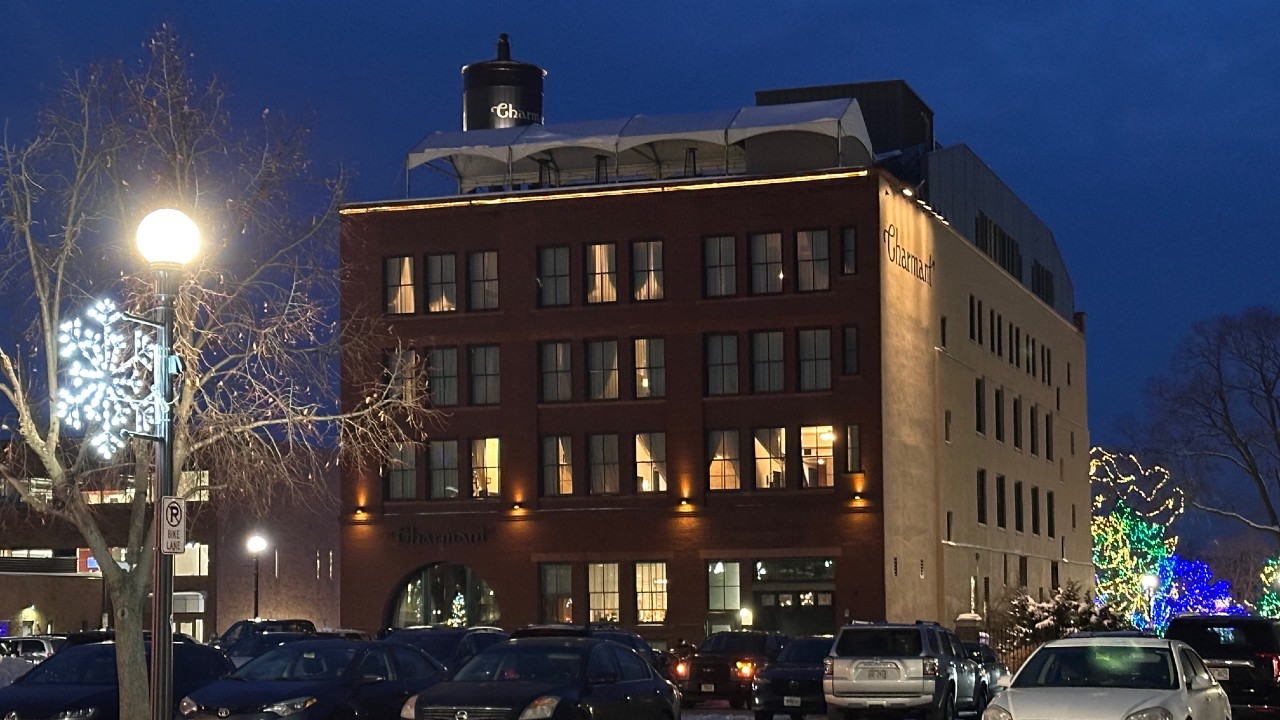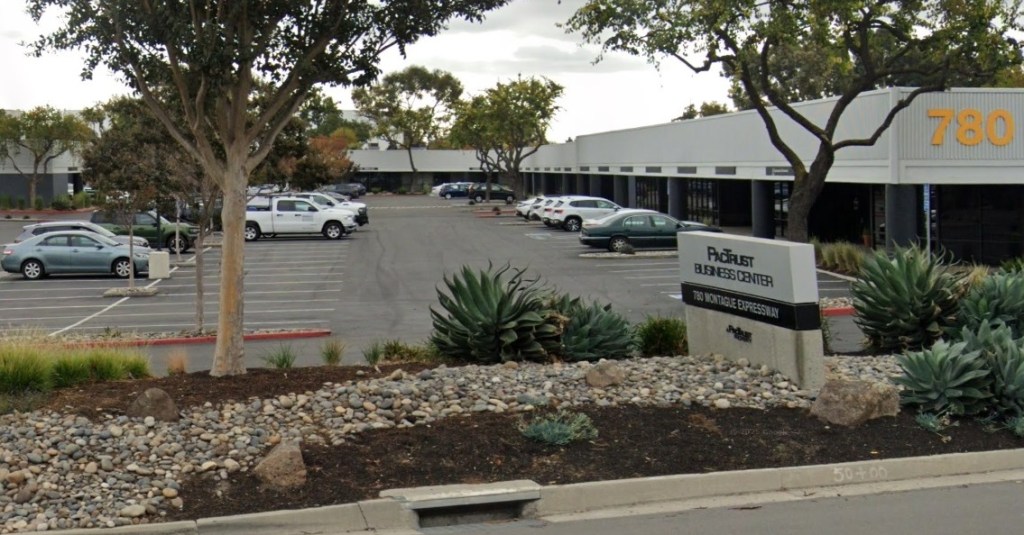O
n the first day of the 2025 federal shutdown, Washington’s skyline reflected a sunset as a man jogged across the National Mall. The pause in federal operations has already begun to ripple through the real‑estate market, affecting both residential and commercial sectors in ways that go beyond the immediate halt of government services.
**Residential market ripple effects**
The shutdown stops the federal flood‑insurance program from issuing new policies, which can delay thousands of home sales. The Federal Housing Administration, Department of Veterans Affairs, and Department of Agriculture may slow or suspend mortgage processing, while the IRS may delay tax‑transcript and income‑verification requests. These disruptions can stall transactions for buyers who rely on government‑backed financing.
**Commercial real‑estate consequences**
A government shutdown delays the release of key economic data. The Bureau of Labor Statistics will not publish the September employment report, and the Census Bureau will postpone construction‑spending, housing‑start, and permit data—information that multifamily investors use to gauge market health. The absence of timely data creates uncertainty in financial markets, tightening credit conditions and raising risk premiums on deals, especially those tied to federal programs.
Ran Eliasaf, founder and managing partner of Northwind Group, notes, “Investors and lenders look for stability. Political instability forces caution in investment and lending decisions.” He adds that the biggest underwriting risk is political, whether it’s a federal shutdown or a local election.
**Sector‑specific impacts**
Retail and hospitality are the most immediately affected because they depend on consumer spending. With federal workers furloughed or laid off, spending in areas with high concentrations of federal employees is likely to drop. “Small retailers and coffee shops have slim margins and are vulnerable to losing customers,” says Christine Cooper, chief U.S. economist at CoStar. “Closures can happen quickly.”
Hospitality faces similar pressure. Government‑run facilities and national parks may close, reducing tourism. Washington, D.C.’s visitor numbers have already suffered from the deployment of the National Guard and other federal troops, and the shutdown adds another blow.
Senior‑care facilities and affordable‑housing projects that rely on HUD financing may experience longer processing times. Eliasaf predicts, “HUD applications will queue up, delaying approvals.”
**Federal commercial‑real‑estate market**
The federal CRE market bears the brunt of the shutdown. Sales of properties managed by the General Services Administration (GSA) will be delayed or halted, and new leases or maintenance contracts with federal tenants must wait. “Dealmaking will be impacted,” Eliasaf says. “Anyone negotiating a GSA lease or securing HUD financing will face obstacles.”
REITs that depend heavily on government rent, such as Easterly Government Properties and JBG Smith, could see revenue streams disrupted. Easterly’s SEC filing earlier this year highlighted that “substantially all of our revenue is dependent on the receipt of rent payments from the GSA and U.S. Government tenant agencies.”
**Construction sector**
Past shutdowns illustrate the construction industry’s vulnerability. In 2013, federally funded infrastructure projects stalled because the Environmental Protection Agency stopped reviewing permits. Contractors and trade specialists rely on those permits to mobilize crews. The 2019 shutdown froze billions of dollars in federal construction spending, stalled Department of Transportation approvals, and disrupted bidding timelines. Subcontractors—electricians, plumbers, concrete specialists—found their cash flow and labor management thrown into chaos.
**Bottom line**
While the residential market feels the shutdown’s effects first through slowed mortgage processing and insurance delays, the commercial sector’s broader impact—data gaps, tightened credit, investor uncertainty, and immediate consumer‑demand drops—will reverberate across retail, hospitality, senior housing, federal properties, and construction. The longer the shutdown persists, the deeper the ripple across the real‑estate landscape.














